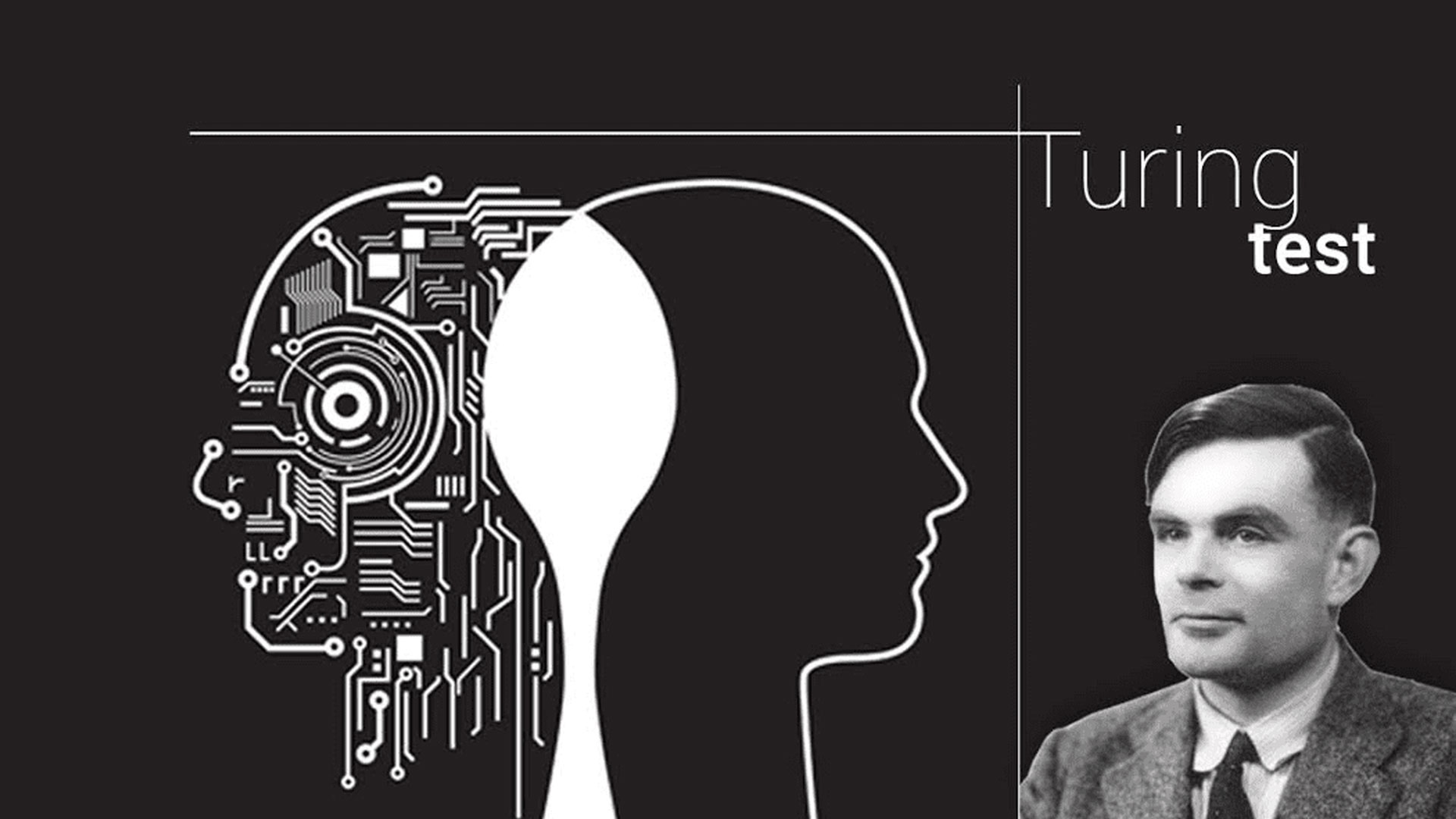 POSTED ON June 27, 2024 by Arup Ratan Paul
POSTED ON June 27, 2024 by Arup Ratan Paul ChatGPT-4 Passes Turing Test, Demonstrating Human-Equivalent Intelligence
In a groundbreaking development, scientists from the University of California, San Diego have announced that ChatGPT-4, the latest iteration of OpenAI's language model, has successfully passed the Turing Test. This achievement marks a significant milestone in the field of artificial intelligence (AI), as ChatGPT-4 has demonstrated the ability to engage in human-like conversation and exhibit intelligent behavior that is indistinguishable from a human.
The Turing Test, proposed by the renowned mathematician Alan Turing in 1950, is a widely recognized benchmark for assessing the intelligence of machines. The test involves a human evaluator engaging in a text-based conversation with either a human or an AI system, without knowing which they are interacting with. If the evaluator is unable to reliably distinguish the AI from the human, the AI is considered to have passed the test and demonstrated human-level intelligence.
In the study conducted by the UC San Diego researchers, 500 participants were invited to converse with four different agents: three AI systems (ChatGPT-4, ChatGPT-3.5, and ELIZA, a chatbot from the 1960s) and one human. The results were astonishing:
*ChatGPT-4 was mistaken for a human 54% of the time
*ChatGPT-3.5 was mistaken for a human 50% of the time
*ELIZA was mistaken for a human only 22% of the time
*Actual humans were correctly identified 67% of the time
These findings provide the first empirical evidence that an artificial system, in this case, ChatGPT-4, has successfully passed the interactive Turing Test. This achievement demonstrates that ChatGPT-4 is capable of engaging in human-like conversation and exhibiting intelligent behavior that is often indistinguishable from a human.
However, the researchers emphasize that passing the Turing Test does not necessarily equate to true intelligence. Nell Watson, an AI researcher at the Institute of Electrical and Electronics Engineers (IEEE), highlighted that intelligence alone is not enough for true success in AI. She stressed the importance of a combination of intelligence, situational understanding, interpersonal skills, and empathy.
As AI models like ChatGPT-4 become increasingly sophisticated in their ability to mimic human conversation, the distinction between humans and machines will become increasingly blurred. This raises important questions about the future of human-computer interaction and the need for robust ethical frameworks to address concerns around misinformation, privacy, and the authenticity of AI-generated content.
The successful passage of the Turing Test by ChatGPT-4 is a significant milestone in the field of AI, but it also highlights the need for ongoing research and development to ensure that AI systems are not only intelligent but also aligned with human values and ethical principles. As we continue to push the boundaries of what is possible with AI, it is crucial that we do so in a responsible and thoughtful manner, always keeping the well-being of humanity at the forefront of our efforts.
No Comments










Leave a comment